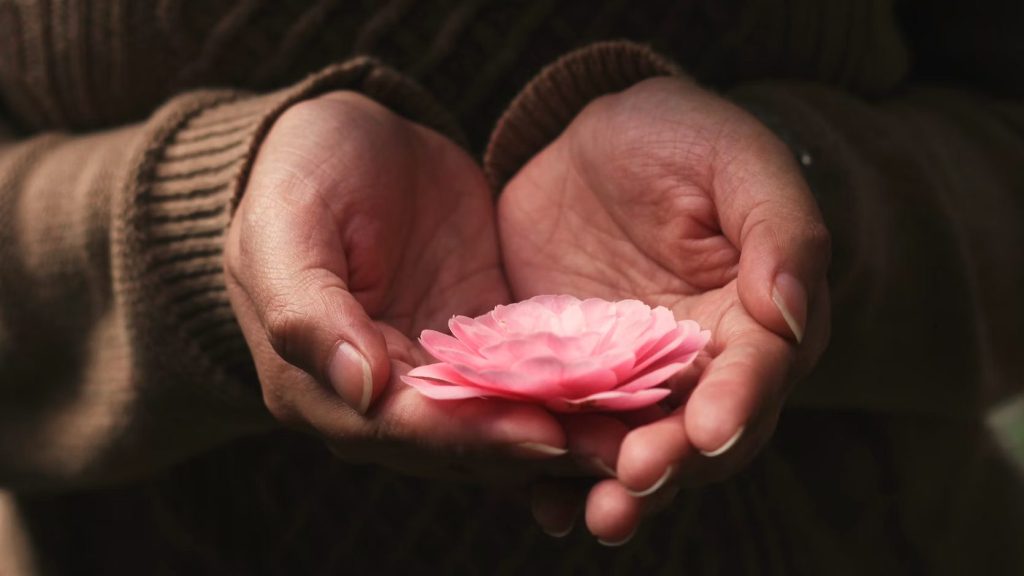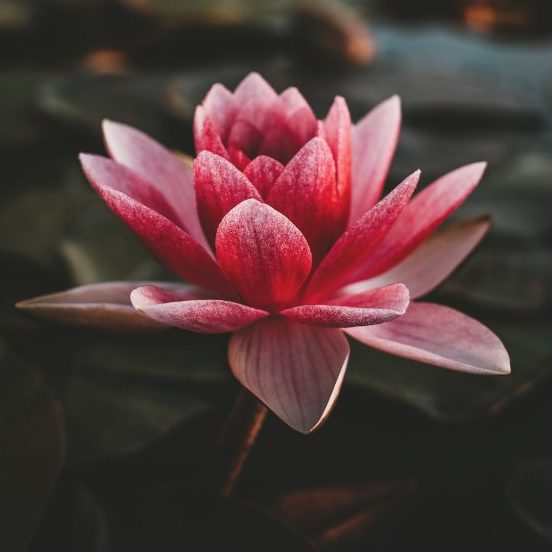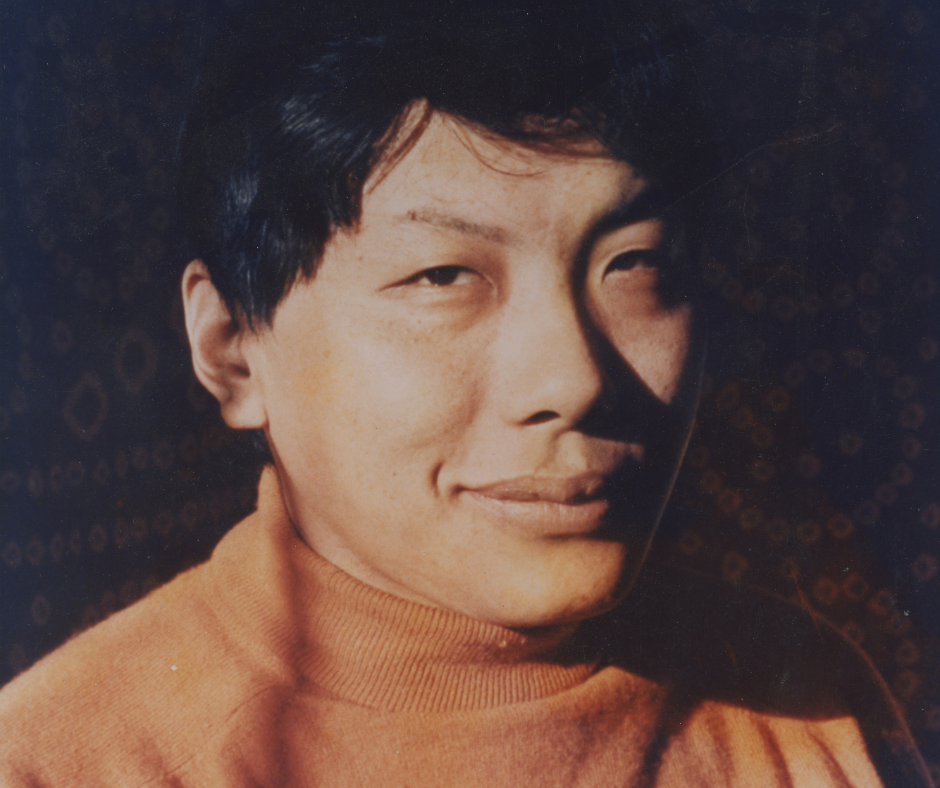Friday
Community Articles, Editorial StaffMeditation for Self-Love: Teachings, Videos, and Guided Meditation Script
By Frederick Meyer
Shambhala Blog Article, August 9, 2024
Self-love—to feel, honor, and appreciate our own goodness—is among the most beautiful and powerful things there is. We are always worthy of self-love, but because of the difficulties of life, we may struggle to find it. Fortunately, meditation can help.
In this article, we will explore self-love meditation. We will first share simple meditation teachings on being kind and caring toward ourselves. Then, based on those teachings, we will share a detailed guided meditation for self-love that you can use to immerse yourself directly, as well as four self-love meditation videos for further exploration. Let’s get started!
Self-Love Meditation: Learn to Love Yourself
This article introduces self-love meditation. If you would like to dive deep into the topic, please view our full online course Learn to Love Yourself, with senior teacher Sabine Rolf. It’s a detailed exploration of self-love meditation, and how meditative mind and warmth toward ourselves can support one another through our lives.
Explore Self-Love and Meditation in Learn to Love Yourself
Learn to Love Yourself, with senior teacher Sabine Rolf, will help you cultivate self-compassion and self-acceptance through mindfulness and loving-kindness practices. Learn to embrace yourself with kindness and care.
Self-Love Meditation: Simple Teachings to Support Our Practice
In my experience, many meditation practitioners, even if we’ve been practicing for years, don’t always feel strong and stable self-love. We may be very good at being present with our feelings, at caring for others, and so on—but when it comes to how we actually feel about ourselves, moment-to-moment, we may not always experience a lot of warmth.
This is a huge shame, because we are worthy of true self-love. It’s also the case that if we don’t feel real, genuine, simple kindness and care toward ourselves, that will make other parts of our meditation path very challenging.
Many longtime meditators struggle to feel strong and stable self-love, which can be under-emphasized on our complex paths.
On our meditation paths, it can be easy to move quickly from self-love to related topics, like wishing for the benefit of all beings through contemplating the Four Immeasurables, and taking on the suffering of others through Tonglen (sending and taking) practice. I feel that it can sometimes result that we do not fully connect with the warmth of self-love itself, before moving on to more “advanced” topics that should have self-love as a foundation.
Relatedly, many of us carry various kinds of personal, family, and cultural trauma that makes it very difficult to love ourselves. This means that we need to be more creative and committed to work with and begin to process this trauma and find true self-love, and moving on quickly to other topics might risk leaving this work incomplete.
Because under-emphasizing self-love is such a risk in our complex meditation paths, I feel that it is good if we practice self-love meditation using the most fundamental teachings we can find: the ones that teach us to love ourselves directly, before we take on additional ideas, practices, or projects in areas like compassion, universal altruism, and so on.
We can practice self-love meditation using the simplest teachings we can find, before taking on additional ideas, practices, or projects.
Below are some of these simple teachings, teachings I’ve found helpful for discovering self-love directly. At the bottom of this article is a detailed guided meditation for self-love, which will help you put these teachings into practice in your direct experience.
Maitri: Self-Acceptance
Maitri, a widely used teaching across many Buddhist traditions, is a Sanskrit term that is often translated into English as “loving-kindness.” (Metta, another widely used term in Buddhism, is the Pali version of the same word.)
Pema Chödrön defines maitri as “unconditional friendship with oneself,” and says that this warmth for ourselves is the basis of, a necessary ingredient for, true compassion for others.
“Maitri is unconditional acceptance of oneself, unconditional friendship with oneself. It is the basis of compassion.” –PEMA CHÖDRÖN
Because maitri is so widely taught across Buddhism, you will see it presented many ways. However, I feel that Pema Chödrön’s presentation of maitri is a wonderful place to start: working with accepting ourselves, as we are, with kindness and friendship.
This is a big process for all of us, and it certainly won’t click all at once. However, I feel it can be very helpful to notice the overall attitude: not “I’ll love myself once I’m better” or “for these reasons,” but rather “I love myself unconditionally.” Even beginning to contemplate that perspective of unconditional self-love can help begin to orient our minds in that direction.
Tsewa: Tender-Heartedness
Some of the most direct teachings I’ve encountered on self-love are from Dzigar Kongtrul Rinpoche, and they’re about a Tibetan term not commonly discussed in Western Buddhism: the Tibetan word tsewa, which Dzigar Kongtrul Rinpoche calls “the innate tenderness of our own heart.”
We may feel that we just don’t deserve love. In this state, it’s very hard to open up to receiving warmth from anybody.
This is when we have to remember that no one is undeserving. Everyone has the same precious tsewa [tender heart].
There is nothing fake about what lies at the core of all our hearts. We may have a lot of negative habits and shameful thoughts, but they are not our true colors. –DZIGAR KONGTRUL RINPOCHE
I’ve seen the power of Dzigar Kongtrul Rinpoche’s own tenderness firsthand. I once attended a public talk he gave in Boston, in a large classroom at Harvard Divinity School. About an hour into his talk, he began discussing our shared wish to be happy. He mentioned that he had recently sat by a river, and had watched a small water skipper skim along the surface. He said, “I saw that every movement the water skipper made was from a desire to be happy.”
As he continued speaking, I noticed a strange feeling: Dzigar Kongtrul Rinpoche seemed to be sending out waves of compassion. The environment felt soaked in love and tenderness, which pulsed in slow waves, like the air on a warm, breezy day. The waves felt like they were radiating from him, as he sat below us at the front of the room, the way heat radiates from an open stove.
The tsewa quality of tender-heartedness is wonderful to feel in ourselves, and, as Dzigar Kongtrul Rinpoche says, it means that none of us are undeserving.
Love
In Buddhism, we often make distinctions between terms like “loving-kindness,” “compassion,” “sympathetic joy,” and so on. However, love—the simple feeling of powerful warmth and affection—is very much a part of the path of meditation, and if we’re looking to deepen our experience of self-love, then love is a great starting place.
To begin with, we can notice that we do feel love, whatever that love might be for. Even if we dislike many things, and feel like we dislike ourselves, we certainly love something. This is the source of one of my very favorite quotes:
“Everybody loves something, even if it’s only tortillas.” –CHÖGYAM TRUNGPA RINPOCHE
To continue reading Meditation for Self-Love: Teachings, Videos, and Guided Meditation Script please visit the Shambhala Blog by clicking here.








